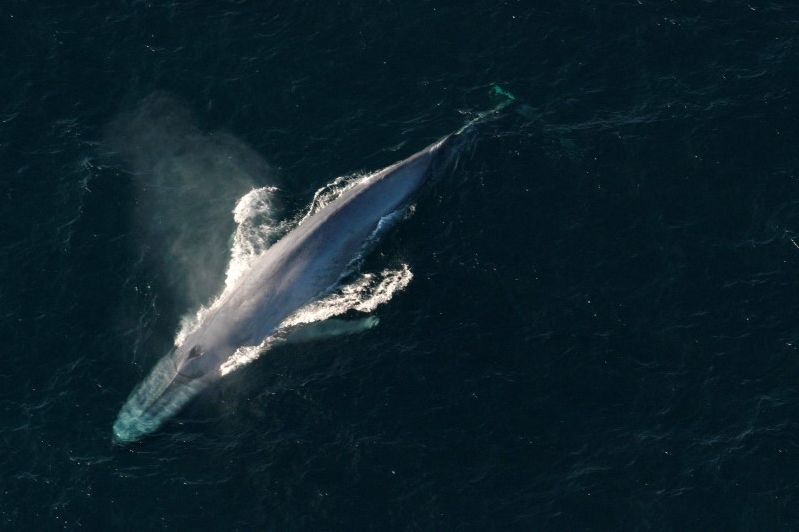
The underwater battle between the U.S Navy and whales have finally come to a close after the Ninth U.S. Circuit Court of Appeals ruled in favor of the large aquatic animals. Under the ruling, the U.S. Navy will no longer be allowed to use the ultra-loud sonar for its submarines.
For years, military submarines have used long-range sonar to scan the depths of the ocean in search of enemy vessels and other forms of threats. However, since this type of sonar produces sound waves that can go up to 235 decibels, various issues have been raised regarding it effects on marine animals, particularly whales which also use sonar to navigate and communicate with one another, Wired reported.
In response to these issues, the Navy noted that the sonar its submarines use is safe and does not threaten marine life. The National Marine Fisheries Service (NMFS) even stated in 2012 that the military agency can continue using sonar as long as there are no marine mammals near the submarines.
The problem with the department's ruling, however, is that even though whales are far from the submarines, they can still get affected by the sound waves since these can travel for hundreds of miles. According to studies, even at 300 miles away, these sound waves can still produce noise levels of up to 140 decibels, Vocative reported.
Fortunately, on July 15, San Francisco's Ninth U.S. Circuit Court of Appeals passed down a ruling that ultimately rebukes the Navy's claim that sonar is safe to use. The court also ruled that the NMFS had illegally permitted the Navy to use its sonar a few years ago.
Under the ruling, the court also stated that the NMFS should be overprotective when it comes to upholding the wellbeing of marine animals, which includes prohibiting the Navy or other public or private organizations from using powerful sonar underwater.
The court also reminded the NMFS that under the rule of law, the agency is required to do whatever it can protect individual aquatic animals and their habitat.
"Exposure to sonar causes severe stress and suffering in whales and other marine mammals, disrupting essential communication, feeding, reproduction, migration and other behaviors of these vulnerable species," Anna Frostic, legal representative for the co-plaintiff The Human Society of the United States said in a statement.
"We applaud the court for recognizing the federal government's legal obligation to prioritize protection of marine life as a prerequisite to employing sonar for military training.






